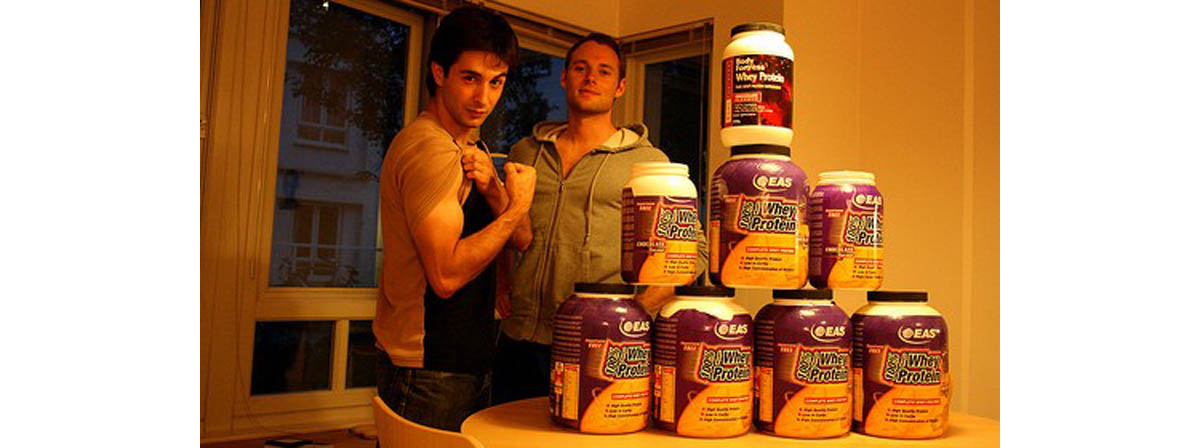Table of Contents
There is no doubt about it, protein is essential for your body to function properly. Not only is it needed to build muscle mass, repair damaged tissue and form new cells to make your body grow bigger and stronger, but it also plays many other vital roles in the body. It's clear that protein is incredibly important but just how bad is it if you don't get enough?

Even if you’re not hitting the gym with the goal of getting big muscles, you will still need protein to help you repair and recover. In fact, while all the macronutrients (proteins, carbs and fat) are needed, if it came down to it, protein would definitely win out of those as the most important macronutrient.
As a general rule, those exercising at a high intensity need around 0.8 grams of protein per pound of body weight each day to function and recover optimally. As an example,That wild be 160 grams of protein per day for a 200 pound guy, or 96 grams for a 120 pound girl.
Sometimes, getting this much protein through a diet can be quite difficult, this is where supplements come into the equation.
Two of the most commonly used protein powders on the market are of course whey and soy. Let’s take a look at both, comparing the similarities between the two and the differences, and find out which is your best choice as a protein powder.
Whey
Whey is made from milk. If you’re familiar with the nursery rhyme, you’ll know all about curds and whey. The curd is the solid part of the milk that, if you didn't know, is used to make cheese, while whey is the liquid protein part of milk.
This "liquid protein" is collected, and used to make protein powder. Obviously this also means you can get whey protein in the dairy products too, such as the aforementioned milk, along with cottage cheese, regular cheese and even yogurt. So, what makes whey a great choice?
The main benefit you’ll get from making whey your main source of protein is the bioavailability. This refers to how well your body uses the protein. It doesn't matter what type of food you eat, or the exact protein content of a meal, you won’t digest all of the protein. However with whey, the bioavailability is around 90 percent plus, depending on the brand and type that you buy.
This is actually better than many whole food sources such as eggs, beef and pork.
The second big advantage that whey protein has is the cost. It is relatively cheap and easy to manufacture, plus the sheer demand for it makes it gram for gram one of the cheapest sources of protein you can buy. Again, even in comparison with whole foods, or inexpensive protein foods like battery farmed meat, whey is extremely cheap.
It’s also safe. Unless you’re allergic to dairy, whey protein has been used by bodybuilders and athletes for decades and has to go through rigorous testing processes to make it onto the shelves.
Any Downsides?
The only downside is, as mentioned, if you have a dairy allergy. If you have a full blown allergy, you’re best off avoiding whey, but if you’re just sensitive to dairy, you may do okay with a purer form of whey, such as an isolate or hyrolysate.
The only other consideration is the additives, thickeners and sweeteners they add to whey protein. There isn't anything inherently bad about these, but it’s a case of how you react to them personally. Often, the more obscure protein powders (such as pea, hemp or rice protein) tend to come as unflavored only, so don’t have any additives to pose the risk of a reaction. Most companies know that whey is their biggest seller though, so will do whatever they can to make it taste as good as possible to stand out from the competition.
- “Soy Vs. Whey: The Latest Research, by David Robson, Published on May 3rd, 2005, Accessed on August 24th 2013, Retrieved from http://www.bodybuilding.com/fun/drobson71.htm
- Photo courtesy of Kurt Thomas Hunt by Flickr : www.flickr.com/photos/watertownsurfer/3827661836/
- Photo courtesy of Veganbaking.net by Flickr : www.flickr.com/photos/vegan-baking/5391755357/

